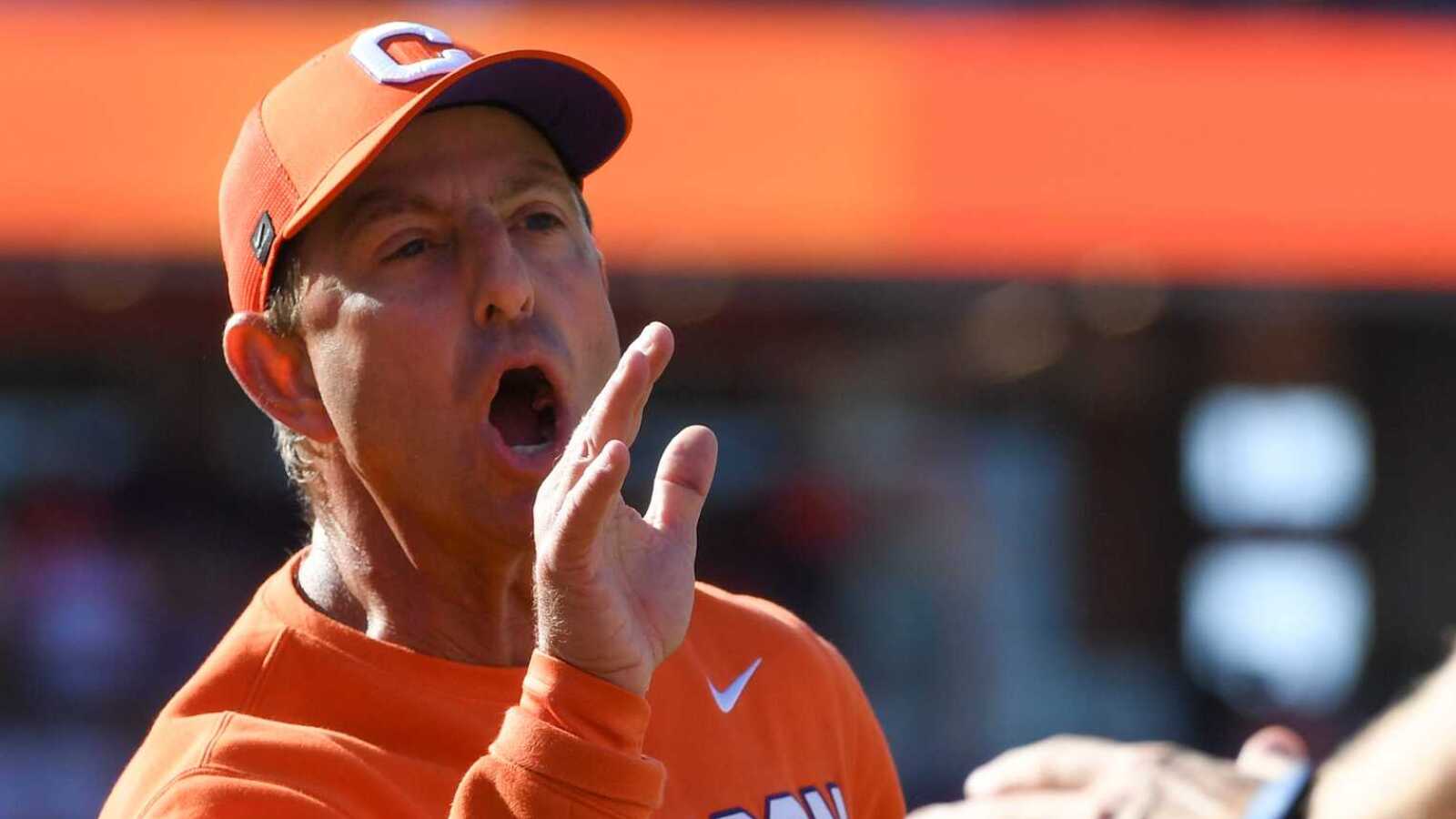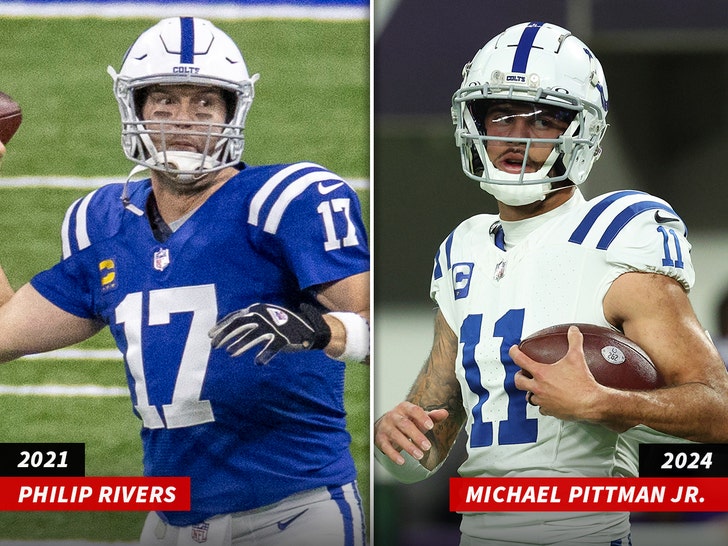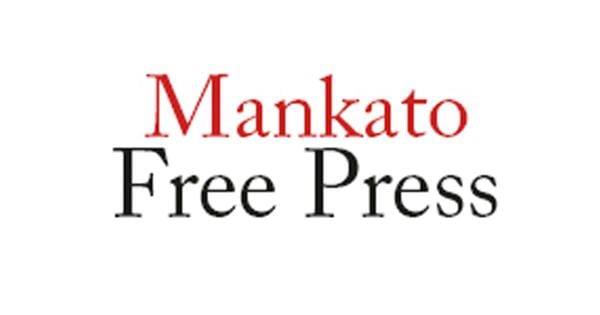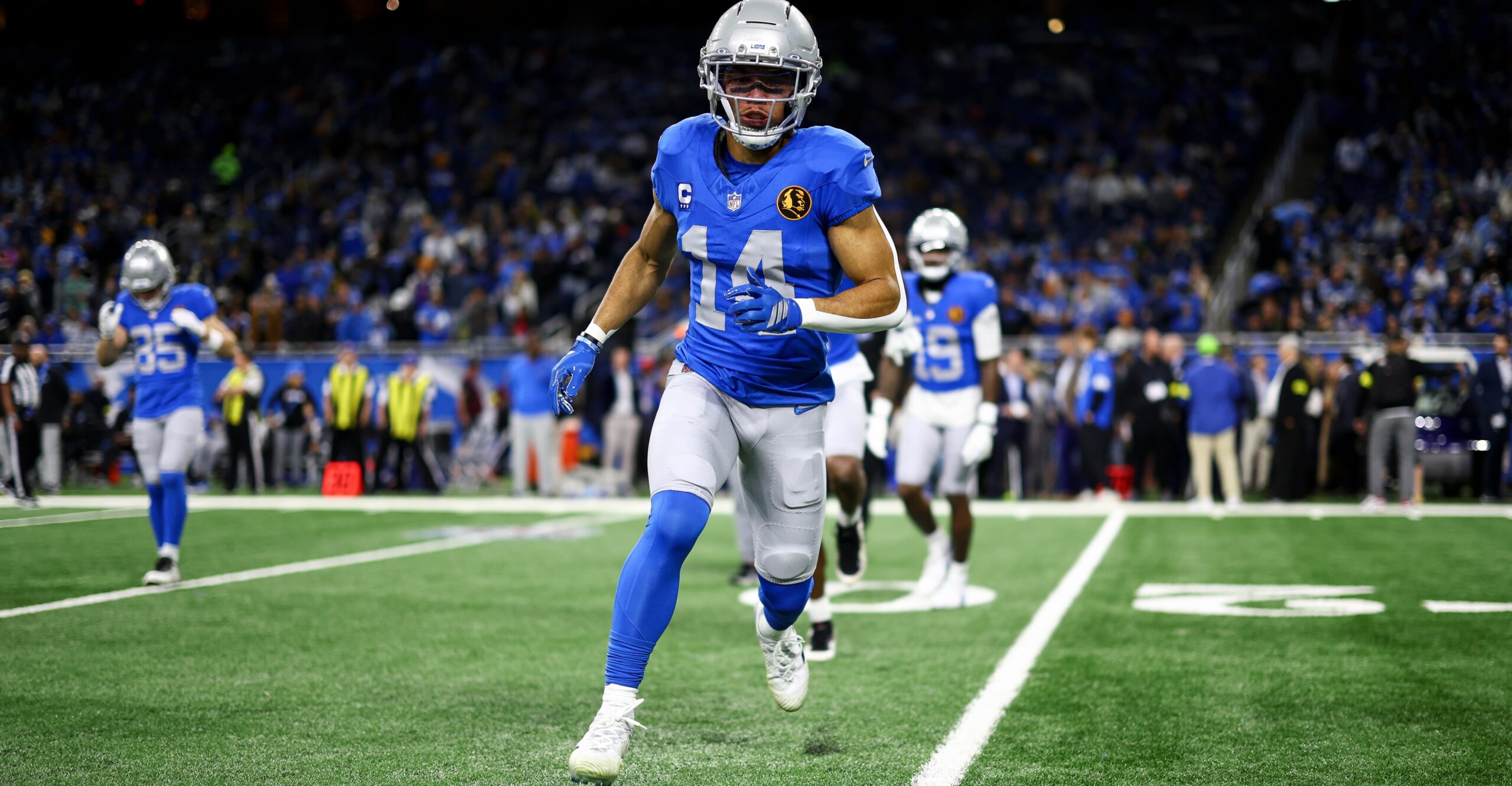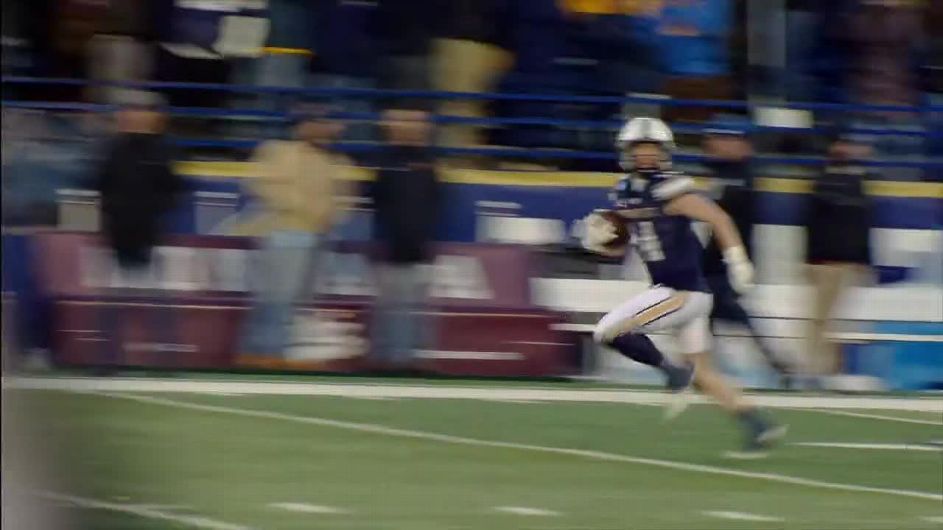Clemson University head coach Dabo Swinney expressed intense frustration over officiating in college football following his team’s narrow loss to Duke University on November 1, 2025. In a press conference on November 4, Swinney criticized the current system for lack of accountability among referees and urged the NCAA to implement full-time officiating.
Swinney’s anger stemmed from a controversial late-game pass interference call against Clemson’s Avieon Terrell. The call, which many observers believed was incorrectly made, allowed Duke to maintain possession, leading to a decisive touchdown. The Blue Devils won the game 46-45, a result that has left Swinney questioning the integrity of the officiating system.
“There’s a system of accountability, but y’all don’t know anything about it. It’s behind a curtain,” Swinney stated, emphasizing the need for transparency. He argued that referees should face the same scrutiny that players and coaches endure when they make mistakes on the field. “Refs are people too. If they’re a part of the game, they ought to be a part of the accountability and consequences,” he added.
Swinney highlighted the challenges coaches and players face when officiating errors occur. He noted that he had submitted 14 calls for review earlier in the season but could only submit 10. Of those, five were deemed incorrect, leading him to underscore the significant impact that officiating decisions can have on game outcomes.
The Clemson coach called for a reevaluation of the officiating structure, suggesting that the NCAA should consider hiring full-time referees to ensure a higher standard of officiating. “If you’re going to have these kinds of stakes, it needs to be full-time officials,” he insisted.
This season has not unfolded as Swinney had anticipated. With a record of 3-5, the mounting pressure seems evident in his demeanor. The recent loss to Duke has only intensified his concerns about the officiating process and its implications for the integrity of college football.
As the season progresses, Swinney’s comments may resonate with other coaches and players who share similar frustrations. The demand for accountability in officiating remains a critical issue in the realm of college sports, and Swinney’s outspoken stance may catalyze discussions about the need for reform.
In an era where gambling and player suspensions have been hot topics, Swinney’s call for greater oversight of officiating could serve as a pivotal moment in the ongoing evolution of college football governance. The upcoming weeks may reveal whether the NCAA responds to these demands for change and transparency in officiating.

